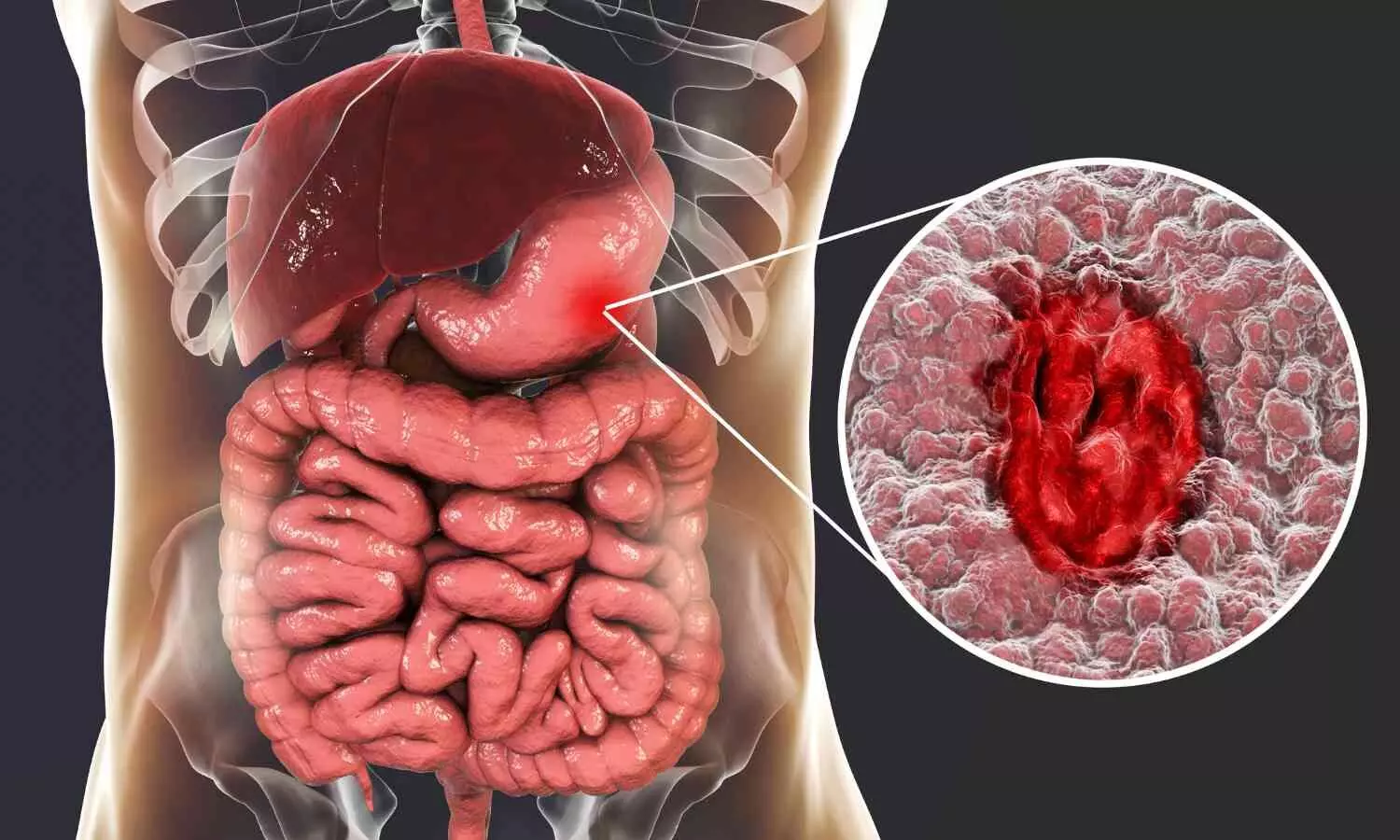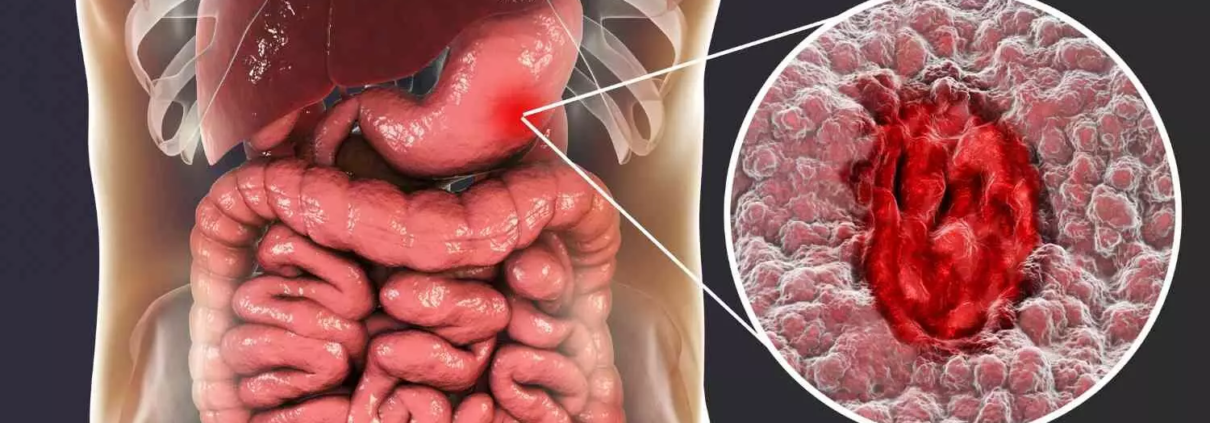Extensive Gastric Atrophy Linked to Higher Risk of Esophageal Cancer: Study

Researchers have established in a new study that extensive gastric atrophy (GA) greatly increases the risk of esophageal squamous cell carcinoma (ESCC) development. This new large Japanese cohort study yields more compelling evidence, demonstrating that open-type GA independently elevates the risk of ESCC, even after risk factor adjustment for established risk factors including age, sex, alcohol, and smoking. The study was published in Digestive Endoscopy journal by Kenta W. and colleagues.
The investigation was a retrospective nationwide cohort study that involved 17 health check-up centers in Japan. There were 33,461 participants who received endoscopy from 2013 to 2017 and had at least one follow-up endoscopy up to December 2022. GA was assessed endoscopically and was classified into three groups: atrophy-free, closed-type GA, and open-type GA. The incidence of ESCC was evaluated by Kaplan-Meier survival analysis and Cox regression models by the researchers. Multivariable adjustment was done by considering key confounders such as age, gender, drinking, and smoking.
Results
-
Of the 33,461 participants, 17,398 (52.0%) were atrophy-free, 8257 (24.7%) had closed-type GA, and 7804 (23.3%) had open-type GA.
-
During a median follow-up duration of 6 years, 77 new ESCC cases were newly diagnosed.
The incidence rates were shown to vary significantly among the groups:
-
Atrophy-free group: 24 cases (0.024% per year)
-
Closed-type GA group: 15 cases (0.031% per year)
-
Open-type GA group: 38 cases (0.089% per year)
-
Statistical analysis showed that open-type GA had a strong correlation with increased ESCC risk (p < 0.001).
-
In a model adjusted for known risk factors, open-type GA was an independent risk factor with an adjusted hazard ratio of 2.72 (95% CI: 1.58–4.69).
-
Closed-type GA did not correlate with ESCC after adjustment.
This huge Japanese cohort study presents new evidence that severe gastric atrophy of the open-type is causally associated with a higher risk of esophageal squamous cell carcinoma. Closed-type GA was not associated with such risk, suggesting that atrophy severity is crucial. The results highlight the need to recognize GA, especially open-type, as a possible marker of ESCC risk and stress the necessity for strict long-term follow-up in this group.
Reference:
Watanabe K, Fukuda S, Kubota D, et al. Potentially Causal Associations Between Extensive Gastric Atrophy and Esophageal Squamous Cell Carcinoma: A Nationwide Retrospective Cohort Study in Japan. Dig Endosc. Published online August 26, 2025. doi:10.1111/den.70019



